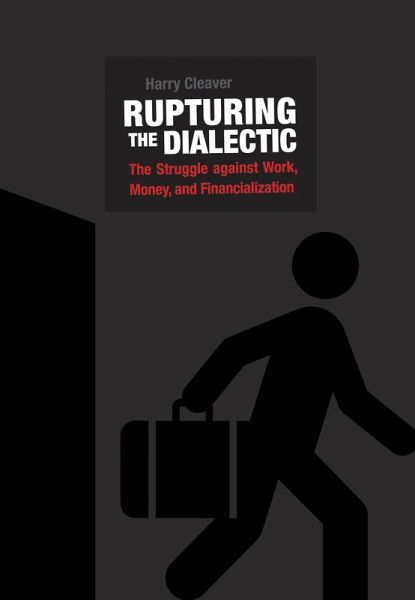
Rupturing the Dialectic (eBook, ePUB)
The Struggle against Work, Money, and Financialization

PAYBACK Punkte
6 °P sammeln!
A central figure for anti-authoritarian Marxists and radicals who see the working class as an autonomous force, capable of acting independently and not simply reacting to the depredations of capitalism, Harry Cleaver brings this vision up to date, interpreting capitalism's latest crises and demonstrating how ordinary people can, and do, rupture the smooth functioning of the system that exploits them.
Dieser Download kann aus rechtlichen Gründen nur mit Rechnungsadresse in A, D ausgeliefert werden.













